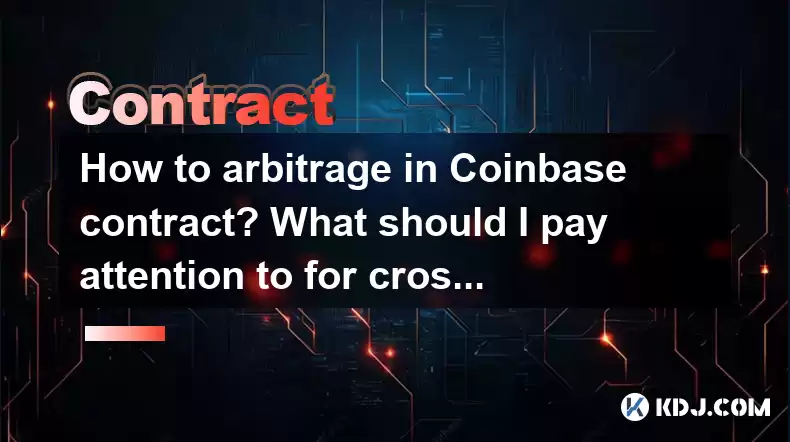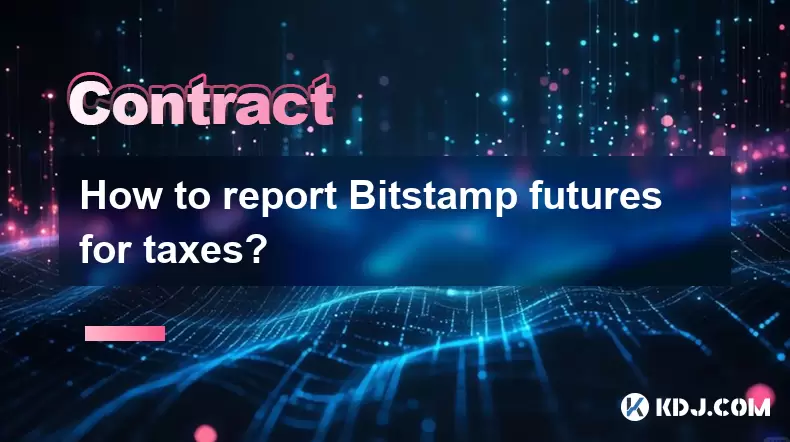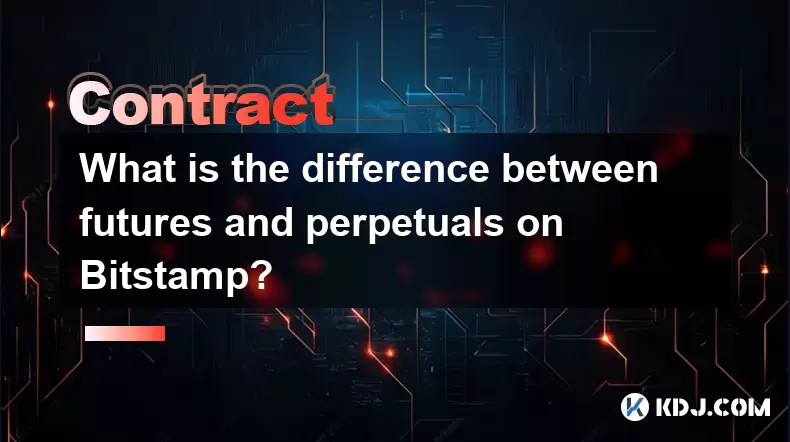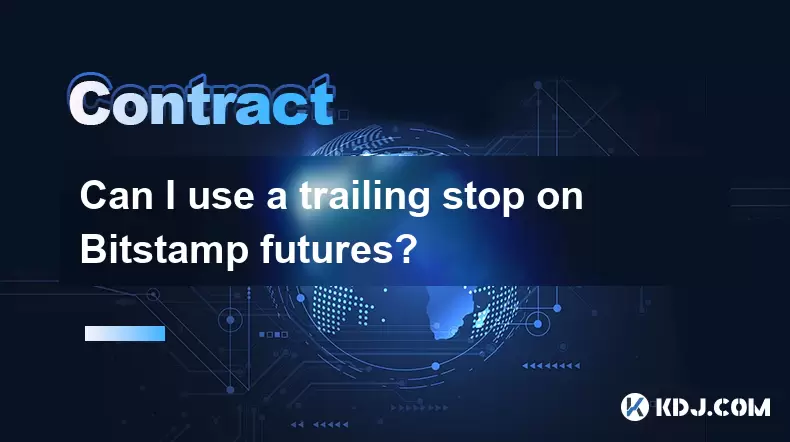-
 Bitcoin
Bitcoin $114100
-0.14% -
 Ethereum
Ethereum $3635
-0.73% -
 XRP
XRP $2.949
-2.85% -
 Tether USDt
Tether USDt $0.9999
-0.03% -
 BNB
BNB $760.3
-0.78% -
 Solana
Solana $163.8
-2.77% -
 USDC
USDC $0.9998
-0.04% -
 TRON
TRON $0.3323
-0.57% -
 Dogecoin
Dogecoin $0.2004
-2.99% -
 Cardano
Cardano $0.7245
-2.87% -
 Hyperliquid
Hyperliquid $37.52
-3.75% -
 Stellar
Stellar $0.3915
-3.58% -
 Sui
Sui $3.416
-2.20% -
 Bitcoin Cash
Bitcoin Cash $559.5
-0.84% -
 Chainlink
Chainlink $16.41
-2.16% -
 Hedera
Hedera $0.2406
-1.78% -
 Ethena USDe
Ethena USDe $1.001
0.00% -
 Avalanche
Avalanche $22.13
-1.98% -
 Litecoin
Litecoin $117.8
-4.32% -
 UNUS SED LEO
UNUS SED LEO $8.989
0.01% -
 Toncoin
Toncoin $3.183
-5.09% -
 Shiba Inu
Shiba Inu $0.00001214
-1.97% -
 Uniswap
Uniswap $9.654
-1.71% -
 Polkadot
Polkadot $3.616
-1.18% -
 Monero
Monero $291.6
-2.66% -
 Dai
Dai $0.9999
0.00% -
 Bitget Token
Bitget Token $4.310
-1.10% -
 Cronos
Cronos $0.1382
-1.93% -
 Pepe
Pepe $0.00001021
-3.40% -
 Aave
Aave $257.9
-1.42%
How to arbitrage in Coinbase contract? What should I pay attention to for cross-period arbitrage?
Arbitrage on Coinbase involves exploiting price differences between spot and futures markets, while cross-period arbitrage requires understanding market trends and timing.
Apr 29, 2025 at 09:07 am

Arbitrage in the cryptocurrency market involves taking advantage of price differences between different platforms or markets to make a profit. Specifically, arbitrage in Coinbase contract refers to the practice of buying and selling assets on Coinbase and its derivatives market to exploit price discrepancies. Cross-period arbitrage involves taking advantage of price differences that occur over different time periods. This article will guide you through the process of arbitrage on Coinbase and highlight key considerations for cross-period arbitrage.
Understanding Arbitrage on Coinbase
Arbitrage on Coinbase can be executed in several ways, but the most common involves the spot market and the futures market. The spot market is where you buy and sell cryptocurrencies for immediate delivery, while the futures market allows you to trade contracts that obligate you to buy or sell an asset at a future date.
To engage in arbitrage on Coinbase, you need to identify a price discrepancy between the spot price and the futures price of a cryptocurrency. For instance, if Bitcoin's spot price on Coinbase is $30,000 and the futures contract for Bitcoin one month out is trading at $30,500, there is a potential arbitrage opportunity.
Steps to Execute Arbitrage on Coinbase
Here are the steps to execute arbitrage on Coinbase:
- Identify the price discrepancy: Use Coinbase's platform to monitor the spot and futures prices of the cryptocurrency you are interested in. Tools like Coinbase Pro can provide real-time data to help you spot these opportunities.
- Execute the trade: If you find a profitable discrepancy, you should buy Bitcoin on the spot market at $30,000 and simultaneously sell a futures contract for Bitcoin at $30,500. This locks in a $500 profit per Bitcoin, minus fees.
- Close the positions: When the futures contract expires, you will deliver the Bitcoin you bought on the spot market to fulfill the futures contract, thus realizing your profit.
Considerations for Cross-Period Arbitrage
Cross-period arbitrage involves exploiting price differences that occur over different time frames. This type of arbitrage requires a deeper understanding of market trends and timing. Here are key considerations:
- Market Volatility: Cryptocurrency markets are highly volatile, and prices can change rapidly. You need to be prepared for sudden shifts that could affect your arbitrage strategy.
- Liquidity: Ensure that there is sufficient liquidity on both ends of your arbitrage trade. Low liquidity can lead to slippage, where the executed price differs from the expected price.
- Fees and Costs: Consider all associated fees, including trading fees, withdrawal fees, and any other costs that might eat into your profit margin.
- Timing: Timing is crucial in cross-period arbitrage. You need to understand the market cycles and be able to predict when price discrepancies are likely to occur.
Tools and Resources for Arbitrage on Coinbase
To successfully execute arbitrage on Coinbase, you will need access to reliable tools and resources. Here are some that can help:
- Coinbase Pro: This platform offers advanced trading features and real-time market data, which are essential for identifying arbitrage opportunities.
- API Access: Coinbase provides API access, which can be used to automate your trading strategy. This is particularly useful for cross-period arbitrage, where timing is critical.
- Arbitrage Bots: There are third-party arbitrage bots available that can automatically execute trades based on predefined criteria. These can be useful but require careful setup and monitoring.
Risks and Challenges of Arbitrage on Coinbase
Arbitrage, while potentially profitable, comes with its own set of risks and challenges. Here are some to consider:
- Execution Risk: There is always a risk that one part of your arbitrage trade might not execute as planned, leading to potential losses.
- Regulatory Risk: Cryptocurrency regulations can change, affecting the legality and feasibility of arbitrage strategies.
- Technical Issues: Technical glitches or platform downtime on Coinbase can disrupt your arbitrage strategy.
- Market Risk: Even with a well-planned arbitrage strategy, market movements can still result in losses if prices move against your positions.
Monitoring and Adjusting Your Arbitrage Strategy
To maximize your success in arbitrage on Coinbase, you need to continuously monitor and adjust your strategy. Here are some tips:
- Real-Time Monitoring: Use tools like Coinbase Pro to keep an eye on price movements and market conditions in real time.
- Adjust for Market Changes: Be ready to adjust your strategy based on market volatility, liquidity changes, and other factors that could affect your arbitrage opportunities.
- Risk Management: Implement strict risk management rules, such as setting stop-loss orders, to protect your capital from unexpected market movements.
Frequently Asked Questions
Q: Can I automate arbitrage on Coinbase using bots?
A: Yes, you can automate arbitrage on Coinbase using bots. However, setting up these bots requires technical knowledge and careful monitoring to ensure they execute trades as intended. Always test your bots in a simulated environment before using them with real funds.
Q: What is the minimum amount required to start arbitrage on Coinbase?
A: The minimum amount required to start arbitrage on Coinbase depends on the cryptocurrency you are trading and the size of the price discrepancy you are exploiting. Generally, you need enough capital to cover the cost of the assets you are buying and selling, plus any associated fees.
Q: How do I handle taxes on profits from arbitrage on Coinbase?
A: Profits from arbitrage on Coinbase are subject to capital gains tax. The specifics depend on your country's tax laws. It's advisable to consult with a tax professional to understand your obligations and how to report your arbitrage profits correctly.
Q: Is arbitrage on Coinbase considered high-risk?
A: Arbitrage on Coinbase can be considered high-risk due to market volatility, execution risk, and other factors. While it can be profitable, it's important to approach it with caution and implement robust risk management strategies.
Disclaimer:info@kdj.com
The information provided is not trading advice. kdj.com does not assume any responsibility for any investments made based on the information provided in this article. Cryptocurrencies are highly volatile and it is highly recommended that you invest with caution after thorough research!
If you believe that the content used on this website infringes your copyright, please contact us immediately (info@kdj.com) and we will delete it promptly.
- Acapulco Crafts in Crisis: Sales Plummet, Artisans Struggle
- 2025-08-06 14:30:12
- SEC, Crypto & Bitwise CIO: A New Dawn?
- 2025-08-06 14:35:11
- Coinbase, Financing, and the Crypto Market: Navigating Choppy Waters in NYC Style
- 2025-08-06 12:50:11
- Bitcoin in Indonesia: Crypto Education and Economic Strategy
- 2025-08-06 12:50:11
- DeriW Mainnet: Zero Gas Fees Revolutionize On-Chain Derivatives Trading
- 2025-08-06 10:30:11
- IOTA, Cloud Mining, and Eco-Friendly Crypto: A New York Investor's Take
- 2025-08-06 10:30:11
Related knowledge

Why is my Bitstamp futures position being liquidated?
Jul 23,2025 at 11:08am
Understanding Futures Liquidation on BitstampFutures trading on Bitstamp involves borrowing funds to open leveraged positions, which amplifies both po...

How to report Bitstamp futures for taxes?
Jul 30,2025 at 08:35am
Understanding Bitstamp Futures and Taxable EventsWhen trading Bitstamp futures, it’s essential to recognize that these financial instruments are treat...

Does Bitstamp offer inverse contracts?
Jul 23,2025 at 01:28pm
Understanding Inverse Contracts in Cryptocurrency TradingIn the realm of cryptocurrency derivatives, inverse contracts are a specific type of futures ...

What is the difference between futures and perpetuals on Bitstamp?
Jul 27,2025 at 05:08am
Understanding Futures Contracts on BitstampFutures contracts on Bitstamp are financial derivatives that allow traders to speculate on the future price...

How to find your Bitstamp futures trade history?
Jul 23,2025 at 08:07am
Understanding Bitstamp and Futures Trading AvailabilityAs of the current state of Bitstamp’s service offerings, it is critical to clarify that Bitstam...

Can I use a trailing stop on Bitstamp futures?
Jul 23,2025 at 01:42pm
Understanding Trailing Stops in Cryptocurrency TradingA trailing stop is a dynamic type of stop-loss order that adjusts automatically as the price of ...

Why is my Bitstamp futures position being liquidated?
Jul 23,2025 at 11:08am
Understanding Futures Liquidation on BitstampFutures trading on Bitstamp involves borrowing funds to open leveraged positions, which amplifies both po...

How to report Bitstamp futures for taxes?
Jul 30,2025 at 08:35am
Understanding Bitstamp Futures and Taxable EventsWhen trading Bitstamp futures, it’s essential to recognize that these financial instruments are treat...

Does Bitstamp offer inverse contracts?
Jul 23,2025 at 01:28pm
Understanding Inverse Contracts in Cryptocurrency TradingIn the realm of cryptocurrency derivatives, inverse contracts are a specific type of futures ...

What is the difference between futures and perpetuals on Bitstamp?
Jul 27,2025 at 05:08am
Understanding Futures Contracts on BitstampFutures contracts on Bitstamp are financial derivatives that allow traders to speculate on the future price...

How to find your Bitstamp futures trade history?
Jul 23,2025 at 08:07am
Understanding Bitstamp and Futures Trading AvailabilityAs of the current state of Bitstamp’s service offerings, it is critical to clarify that Bitstam...

Can I use a trailing stop on Bitstamp futures?
Jul 23,2025 at 01:42pm
Understanding Trailing Stops in Cryptocurrency TradingA trailing stop is a dynamic type of stop-loss order that adjusts automatically as the price of ...
See all articles

























































































